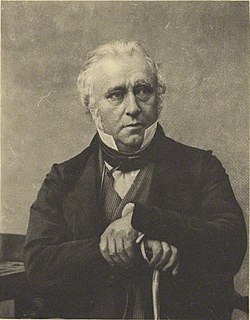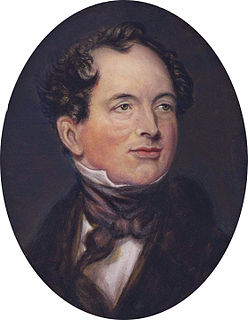A Quote by Alexander Pope
Thus unlamented pass the proud away,
The gaze of fools and pageant of a day;
So perish all, whose breast ne'er learn'd to glow
For others' good, or melt at others' woe.
Related Quotes
Woe to him whom this world charms from Gospel duty. Woe to him who seeks to pour oil upon the waters when God has brewed them into a gale. Woe to him who seeks to please rather than to appal. Woe to him whose good name is more to him than goodness. Woe to him who, in this world, courts not dishonor! Woe to him who would not be true, even though to be false were salvation. Yea, woe to him who, as the great Pilot Paul has it, while preaching to others is himself a castaway.
Golden Verses So-called because they are "good as gold." They are by some attributed to Epicarmos, and by others to Empedocles, but always go under the name of Pythagoras, and seem quite in accordance with the excellent precepts of that philosopher. They are as follows: Ne'er suffer sleep thine eyes to close Before thy mind hath run O'er every act, and thought, and word, From dawn to set of sun; For wrong take shame, but grateful feel If just thy course hath been; Such effort day by day renewed Will ward thy soul from sin. E. C. B.
When you write, it’s like braiding your hair. Taking a handful of coarse unruly strands and attempting to bring them unity. Your fingers have still not perfected the task. Some of the braids are long, others are short. Some are thick, others are thin. Some are heavy. Others are light. Like the diverse women of your family. Those whose fables and metaphors, whose similes and soliloquies, whose diction and je ne sais quoi daily slip into your survival soup, by way of their fingers.
We rest; a dream has power to poison sleep. We rise; one wand'ring thought pollutes the day. We feel, conceive, or reason; laugh or weep, Embrace fond woe, or cast our cares away; It is the same: for, be it joy or sorrow, The path of its departure still is free. Man's yesterday may ne'er be like his morrow; Nought may endure but Mutability!
Art thou in misery, brother? Then I pray Be comforted. Thy grief shall pass away. Art thou elated? Ah, be not too gay; Temper thy joy: this, too, shall pass away. Art thou in danger? Still let reason sway, And cling to hope: this, too, shall pass away. Tempted art thou? In all thine anguish lay One truth to heart: this, too, shall pass away. Do rays of loftier glory round thee play? Kinglike art thou? This, too, shall pass away! Whate'er thou art, wher'er thy footsteps stray, Heed these wise words: This, too, shall pass away.




































